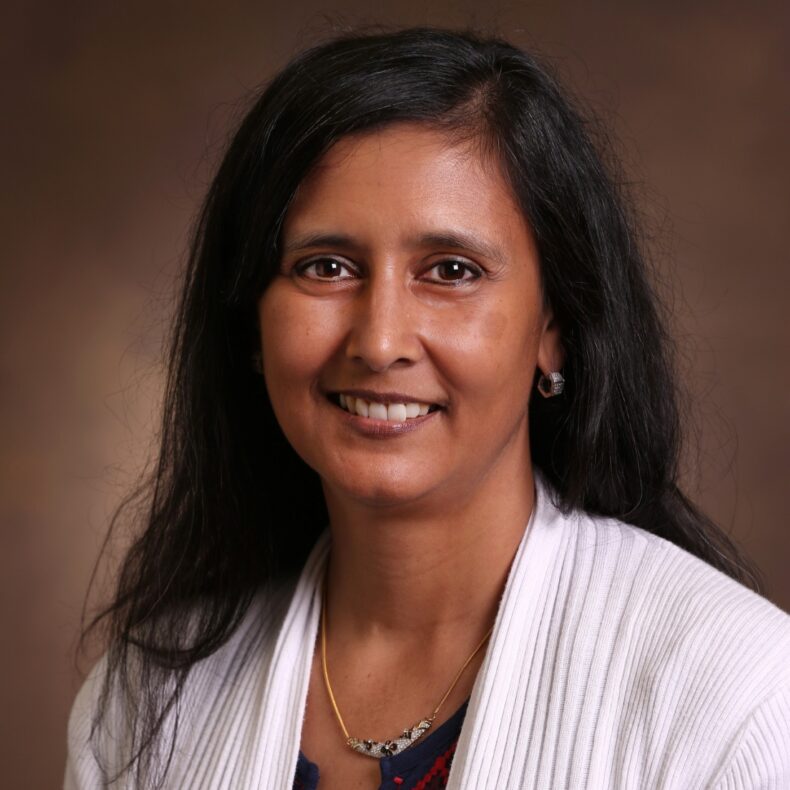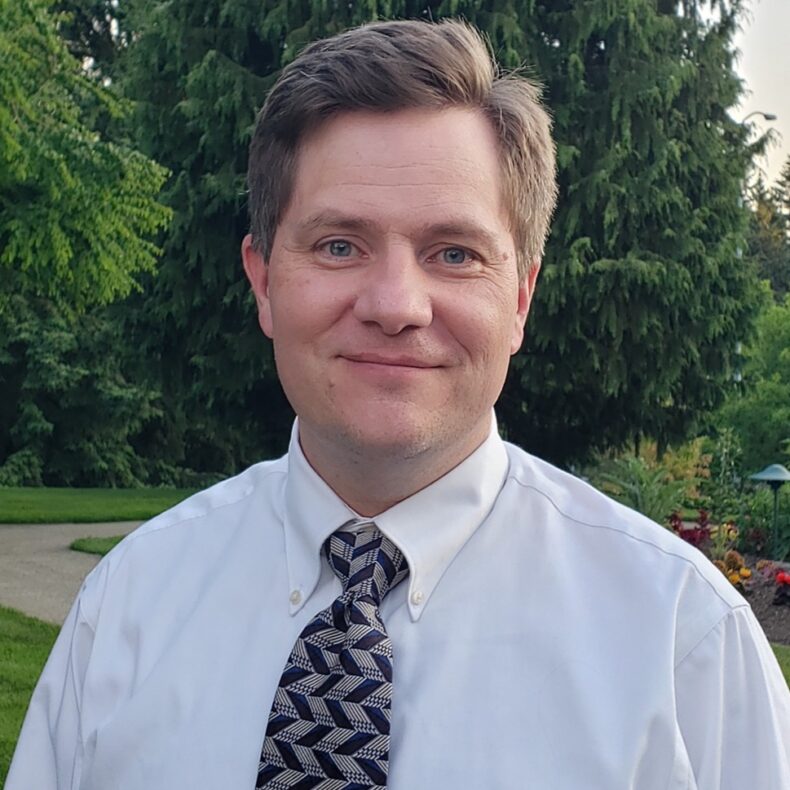New resources help people take action to prevent inherited diseases
Vanderbilt University Medical Center offers access to new resources that help relatives connect and join forces to protect their families from inherited diseases.
VUMC is one of the first cancer centers to partner with the ConnectMyVariant program, which offers resources for families with hereditary cancer risk. The resources make genetic medicine approachable, can help people discover distant relatives they didn’t know before, and can assist families in talking across dinner tables about a potentially sensitive topic. It’s akin to an ancestry game that allows people to amplify the family benefits of cancer prevention, and the person who starts it can be a superhero.
To launch a connection search, someone with a specific gene variant signs up to meet others who share that variant. When people have the same gene variant, there is more than 90% chance they are related, even if it is several generations back. This begins the process of sharing stories with others who are likely to be relatives, discovering new connections with unknown relatives, and encouraging family members to get tested. The program is designed around the perspective and experience of lay people — not clinicians. It is an innovative approach to encourage genetic testing, and it’s needed, said Tuya Pal, MD, professor of Medicine in the Division of Genetic Medicine and Clinical Pharmacology at VUMC.

“Family communication, which is the basis of what we call cascade testing, is hugely important,” said Pal, who is also Ingram Professor of Cancer Research and an associate director at Vanderbilt-Ingram Cancer Center. “BRCA genes were identified 30 years ago, but we’ve found maybe 20% of adults who are at risk for cancer. There’s a lot of adults walking around with a BRCA mutation. They could get ongoing prevention, but they don’t know it. This is a challenging nut to crack, but it is of huge public health relevance. If we can get to these people, we can save lots of lives.”
BRCA1 and BRCA2 gene variants, which increase risk for breast, ovarian, pancreatic and prostate cancer, have received the most media attention. However, in recent years, several other gene mutations have been discovered that can also put people at risk for cancer. Pal stressed that people should seek genetic testing from reputable and accredited laboratories, which are different from many direct-to-consumer testing companies that offer testing for “recreational genetics.” While direct-to-consumer labs offer ancestry testing, sometimes they also delve into other genes; however, the quality of the data they provide is not always accurate for disease risk. For this reason, it is important to get tested through providers knowledgeable about genetic testing options, such as the Vanderbilt Hereditary Cancer Clinic. Insurance typically covers the cost for those at high risk, such as those with a personal history of specific cancers (and diagnosed at certain ages), family history of specific cancers, and those who already have a relative found to have a gene mutation. The tests, which can be done with either blood or saliva samples, cost about $250 for self-paying patients.
Pal likens a gene mutation to a spelling mistake.
“When we’re talking about an inherited predisposition, you can think of each gene as a big book, and a mutation is like a ‘spelling mistake’ in that book — leading to the gene not working quite right and thereby raising risk of certain cancers,” she said. “If you’ve got the same spelling mistake between two people, they are somehow related. People sometimes have trouble sharing broadly with family members, so this tool can make this experience of family communication and testing more enjoyable. You can connect with people you don’t know that are related from maybe eight generations ago.”

ConnectMyVariant, which is operated as a nonprofit organization, was developed by Brian Shirts, MD, PhD, associate professor of Pathology, Microbiology and Immunology and of Biomedical Informatics, who was recruited to VUMC in December 2024. He is the service medical director of the Molecular Genetics Laboratories.
“Scientific modeling has shown that if we could reach out to second and third cousins effectively of people with known variants, we could identify everyone who has a hereditary cancer risk,” said Shirts, who is also President of ConnectMyVariant’s Board of Directors.
However, he stressed that ConnectMyVariant is not a research program or a direct clinical resource.
“It’s an educational program,” Shirts said, noting that people should schedule a visit with a genetic counselor affiliated with a medical provider if they discover they have relatives with mutations that put them at increased risk for cancer.
ConnectMyVariant offers educational resources for adult-onset hereditary diseases for which there are established preventive actions people can take. It is not intended for use by people younger than 18, so it does not offer resources for autosomal recessive pediatric diseases.
“The way I like to think about what we offer is ‘If I talk to my relatives, are they going to be able to do something?’ If the answer is yes, and they can get genetic testing and do something that will improve their health, then that’s included,” Shirts said.
The ConnectMyVariant program also offers participants access to resources for ancestry research, such as professional assistance from the Center for Family History and Genealogy at Brigham Young University.
For individuals with inherited cancer predisposition, Vanderbilt-Ingram has the Inherited Cancer Registry (ICARE), which Pal founded in 2010. It has grown into one of the largest registries for inherited cancers, with almost 8,000 participants enrolled to date. Through the registry, the latest care and research updates are shared with participants by newsletter, email and links to presentations, and it is a way for people to be part of the larger research mission.
Pal serves as vice chair of the National Comprehensive Cancer Network Genetics/Familial Guidelines Committee for Breast, Ovarian and Pancreatic Cancer. She leads a team of certified genetic counselors at the Vanderbilt Hereditary Cancer Clinic.
The post New resources help people take action to prevent inherited diseases appeared first on VUMC News.



